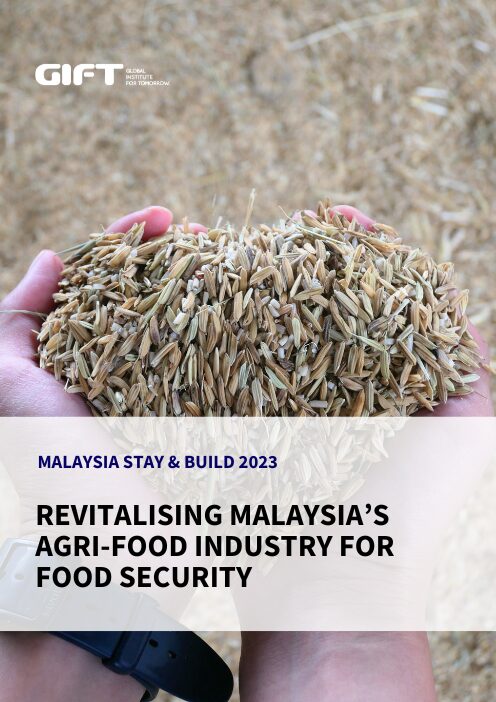Malaysia’s growing food insecurity is driven by a combination of global pressures and domestic policy failures. The nation’s ability to produce enough food to meet its own needs is under severe threat.
Rising global population, climate change reducing agricultural productivity, and supply chain shocks (like the pandemic and the Ukraine war) have increased food prices and disrupted availability. Government policies have historically prioritised cash crops (like palm oil) over essential food crops, leading to a lack of strategic food reserves beyond rice. There is also poor coordination between different levels of government. Urbanisation has drastically reduced land available for food crops, with only 26.1% of land for agriculture, most of it dedicated to palm oil. Farmers face high costs, insufficient R&D funding, and limited access to credit. The agricultural sector is in crisis with an ageing workforce (average age 60) and a severe lack of interest among the youth, creating a critical dependency on migrant labour.
The proposed solution entails creating a collaborative ecosystem called a Food Security Hub (FSH). The solution involves:
- Establishing a collaborative hub
Creating a central hub (FSH) that fosters collaboration between farmers, the government, and investors to transform the agricultural landscape. - Implementing the “Tanam Banyak, Dapat Banyak” (TBDB) scheme
A direct incentive program that rewards farmers for achieving and exceeding specific yield targets for essential food crops, encouraging increased production. - Creating a National Stockpile System
Establishing a dedicated stockpile for diverse staple foods (not just rice) to ensure a 90-day food reserve, buffering against market shocks and price volatility. The government would buy surplus crops at fixed rates. - Providing integrated services
The FSH would offer a full suite of services to farmers to overcome existing challenges, including:
– Group procurement of inputs to reduce costs.
– Access to mechanisation and labour management.
– Storage, crop processing, and packaging facilities.
– A big data and traceability system to provide market insights and support decision-making. - Novel ownership structure
Farmers become co-owners of the FSH by paying a membership fee, giving them a direct stake in the success of the enterprise alongside investors and the government. - Pilot project and scaling
The model would be piloted in North-West Selangor with the aim of creating a network of interconnected FSHs across the country to fortify national food security.


